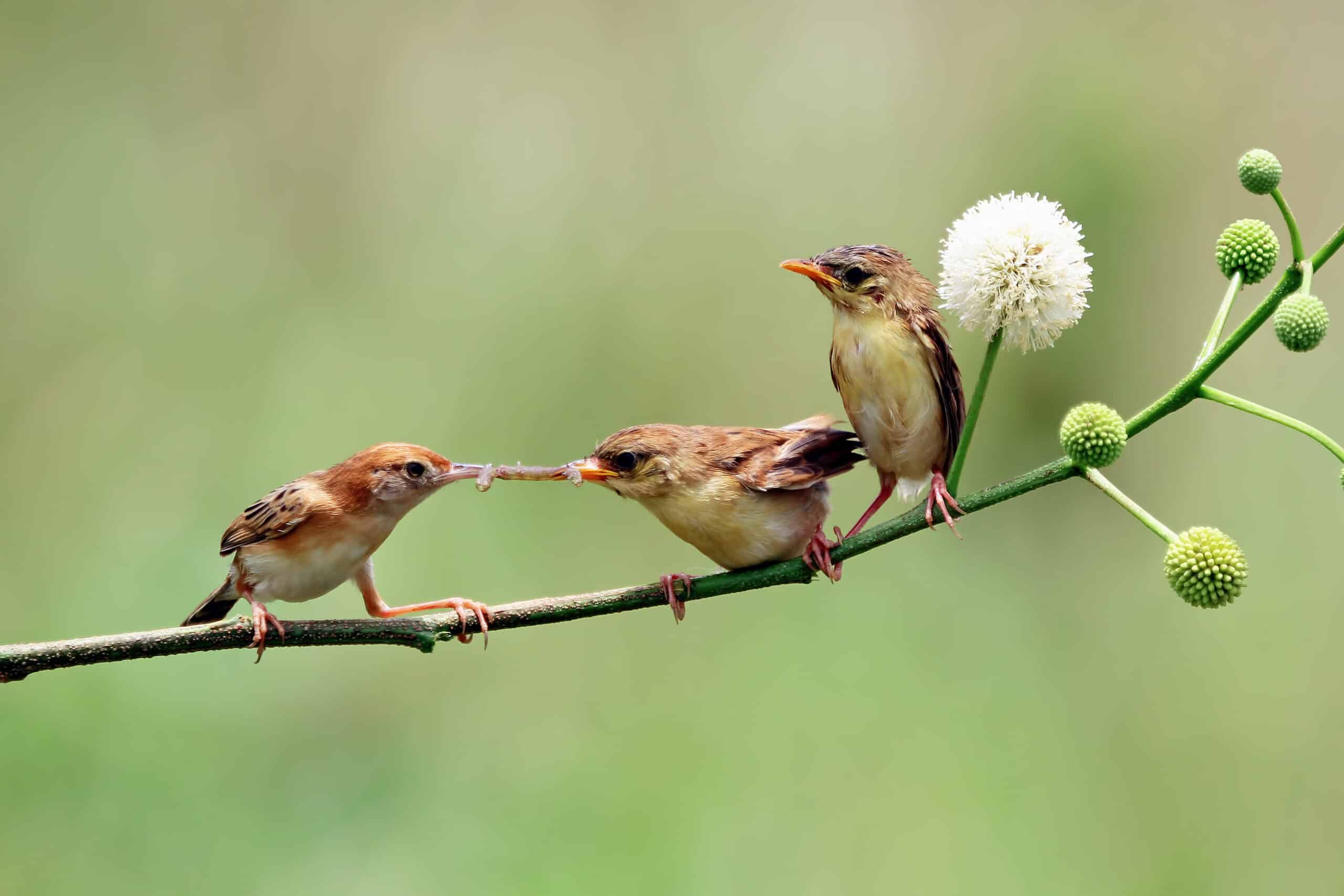The Danger and Depression of Imagining a World without Animals in Science Fiction
Science fiction has always been an avenue for writers and readers alike to explore a world beyond their own, a world that could be entirely different from the world they currently inhabit. It’s a genre that allows us to dream of a future where technology has the power to change our world and create new possibilities, to envision different planets and civilizations, and to examine the potential implications of scientific discoveries. However, there is a growing trend in science fiction that is giving some readers pause: imagining a world without animals. This is a dangerous and depressing idea, and one that we should be careful to avoid.
The Dangers of a World without Animals
On the surface, imagining a world without animals may seem like a harmless thought experiment. After all, there are plenty of science fiction stories that feature worlds without humans, so why not explore the opposite? However, the implications of a world without animals are far-reaching, and could have serious consequences for our own world.
Firstly, a world without animals would mean a severe loss of biodiversity. Animals perform vital roles in our ecosystem, from pollinating plants to breaking down organic matter to controlling pest populations. Without them, our environment would be drastically altered, and the consequences could be catastrophic. Even small changes in biodiversity can have ripple effects throughout an ecosystem, leading to reduced crop yields, increased disease prevalence, and other unforeseen consequences.
Furthermore, living in a world without animals would rob us of the joy and wonder that comes with interacting with these creatures. Whether we’re marveling at the majesty of a lion or cuddling with a puppy, animals bring a sense of joy and connection to our lives that is hard to replicate. Losing that connection would be a sad and lonely prospect.
The Depression of a World without Animals
Additionally, a world without animals would be a deeply depressing place. Humans have lived alongside animals for thousands of years, and our relationship with them is deeply ingrained in our psyche. Whether it’s through myth and folklore or our experiences with pets and wildlife, animals have played a vital role in shaping our culture and our sense of self.
Imagining a world without animals is a bleak and desolate prospect, and one that is likely to leave readers feeling deeply unhappy. While science fiction can be a valuable way to explore difficult ideas and grapple with complex issues, we must be careful not to cross a line into hopeless despair.
The Importance of Diversity in Science Fiction
One of the strengths of science fiction is its ability to explore a wide range of ideas and perspectives. From dystopian societies to utopian futures, science fiction has the power to explore a variety of worlds and philosophies, and in doing so, expand our understanding of our own world.
At the same time, however, science fiction can also be a deeply homogeneous genre. While there have been efforts in recent years to diversify the voices and stories being told within science fiction, the genre is still dominated by a narrow range of perspectives and experiences.
Imagining a world without animals is just one example of this lack of diversity. It’s a pervasive idea that fails to take into account the realities of the natural world, and one that is unlikely to resonate with a large number of readers.
A Guide to Writing Science Fiction that Celebrates Animals
So, if imagining a world without animals is both dangerous and depressing, what can we do to create science fiction that celebrates these important creatures? Here are a few tips for writers looking to incorporate animals into their stories in a meaningful way:
1. Do your research – There is a wealth of information available about the role animals play in our ecosystem and in our lives. Take the time to research and understand the importance of animals before incorporating them into your story.
2. Think beyond pets – While pets are an important part of our relationship with animals, there is a wide range of wildlife and farm animals that could be incorporated into your story. Consider the roles these animals play in our world and how they could be incorporated into a speculative future.
3. Avoid stereotypes – Animals are far more complex and diverse than the simple archetypes that often appear in fiction. A dog isn’t just a loyal companion, and a lion isn’t just a fierce predator. Take the time to understand the unique characteristics of different animals and incorporate those nuances into your storytelling.
4. Challenge your readers – Don’t be afraid to push your readers out of their comfort zone and challenge their preconceptions. Use animals to explore complex issues like conservation, biodiversity, and the ethics of animal testing.
In Conclusion
Imagining a world without animals is a dangerous and depressing idea that is unlikely to resonate with a large number of readers. Instead, we should focus on creating science fiction that celebrates the immense importance animals have in our world. By doing so, we can expand our understanding of our planet and create stories that are both thought-provoking and joyful.
